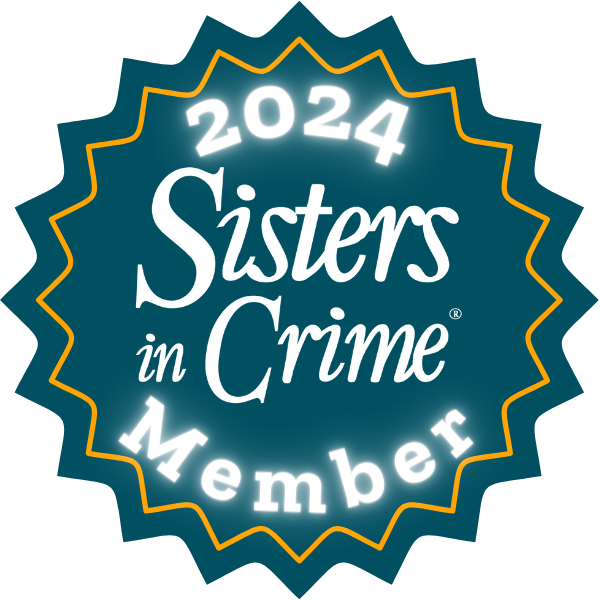May is here! And did you know that the very first day of the month, what we know vaguely as “May Day,” is descended from an ancient holiday called Beltane?
In light of other early-May holidays (anyone else been overrun by digital celebrations of Cinco de Mayo and “May the Fourth” this week?), May Day seems unremarkable. But Beltane was once an important holiday for agricultural societies, one of four annual holidays known as “fire festivals.”
Let me back up for just a minute. Old agricultural or astrological holidays are familiar to us today as pagan holidays: Yule, Ostara, Samhain, and Beltane, among others. There are eight in total. Four of them happen on solstices and equinoxes–they’re known as astrological or “solar” holidays, because they have to do with where the sun is relative to the earth. Those four are Ostara (March), Litha (June), Mabon (September), and Yule (December). The remaining four holidays were known as “fire festivals,” and had more to do with planting and harvesting traditions: Imbolc (February), Beltane (May), Lammas (August), and Samhain (October).
While solar holidays were common in many world cultures, the fire festivals are primarily Celtic. In general, they’re times to come together and celebrate, often with a large bonfire, good food, and loved ones. Beltane in particular was a celebration of budding plants and the beginning of the summer growing season. And yes, it did actually involve dancing with ribbons around a May pole!
I like looking into these old traditions as a way to enhance my fictional world, Beyond, which has a lot of fairy tale/fantasy/pagan themes. But even in my day-to-day life, it’s fun to think about marking the seasons and celebrating the cycle of life. Especially now that the weather has turned and it’s time to putter in the garden! Speaking of, I better go tend to the seedlings I started . . .
Happy May! 🙂
Selected Resources
The best sources I’ve found for pagan holidays, also known collectively as the “Wheel of the Year,” are definitely books. However, there are a few online sites with good general information:
Check out the “Celtic Paganism” site here for some background, especially on fire festivals.
As a comprehensive but ad-filled resource, the History.co.uk article here seems to do pretty well!






May 18, 2022 at 7:11 pm
It makes sense that when we were more dependent on the seasons, more tied to our agricultural roots, the focus of our community gatherings and celebrations would be times of the year that are pivotal to planting, harvesting, or getting through the cold winters. When religion came along and co-opted the pagan/agrarian celebrations in order to recruit more adherents, it largely just gave new names to the same celebrations. It’s lovely to reclaim those.
May 18, 2022 at 8:07 pm
Yes! I find it’s a good way to remind myself to slow down and appreciate what’s going on around me.